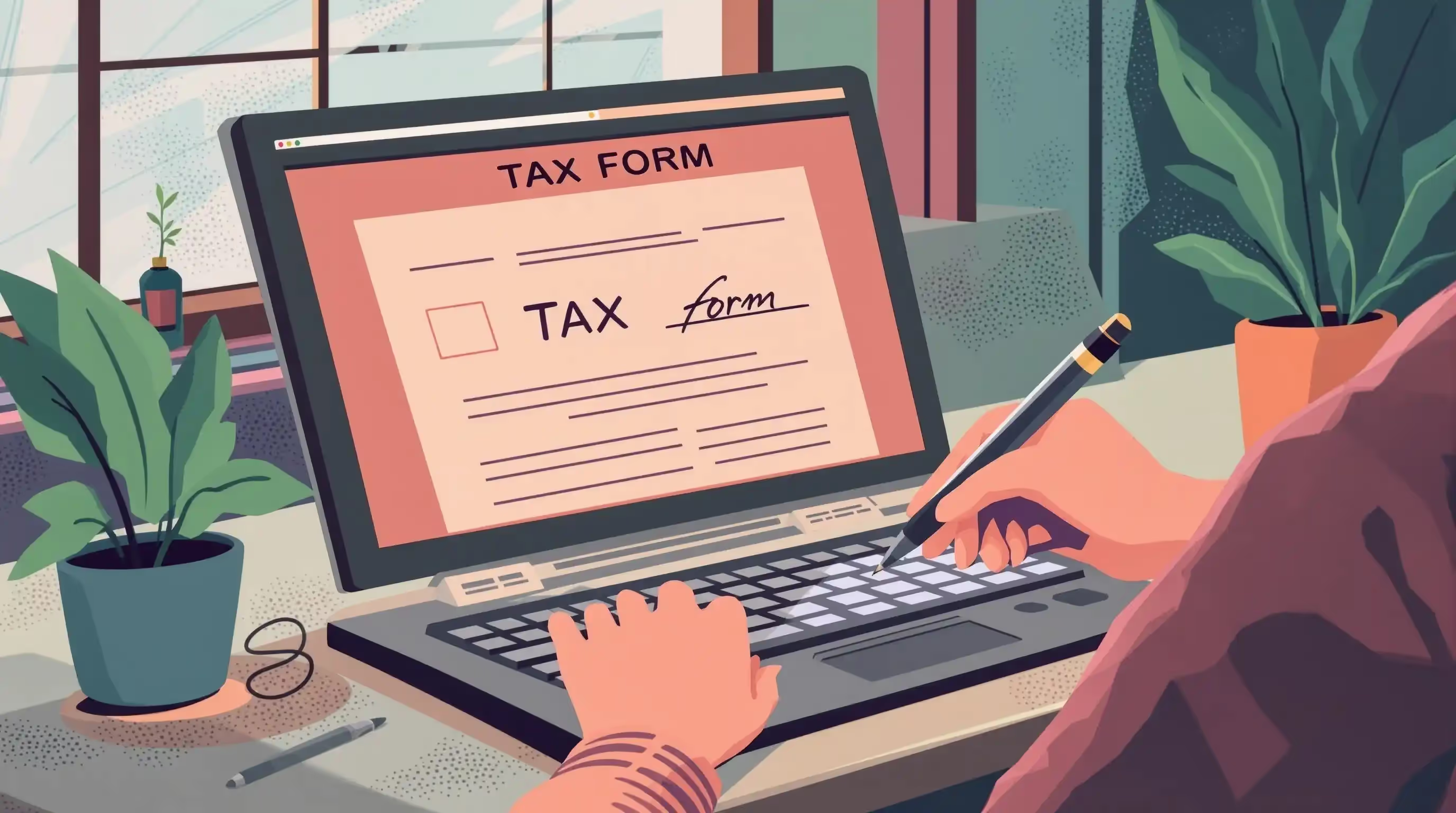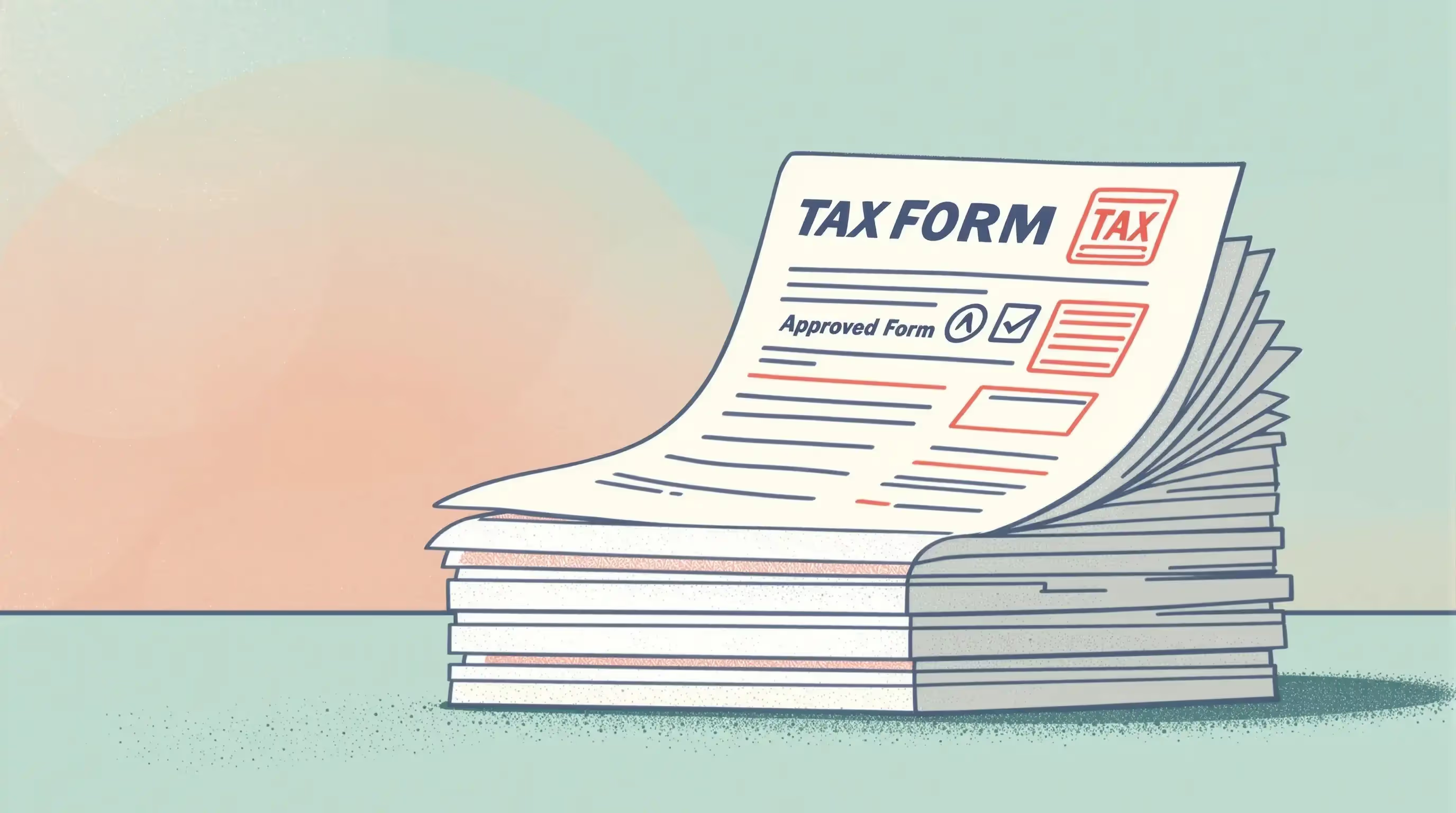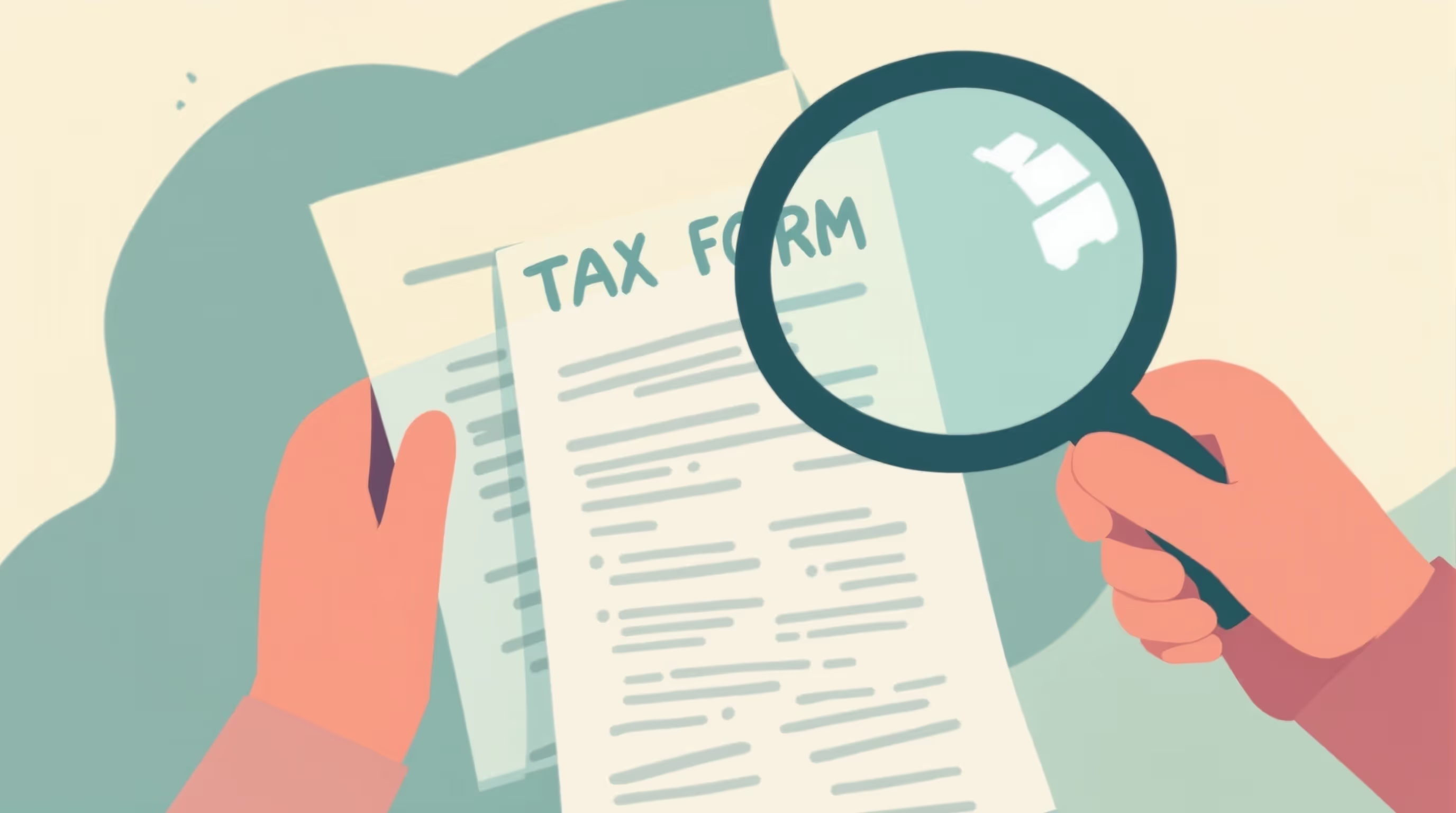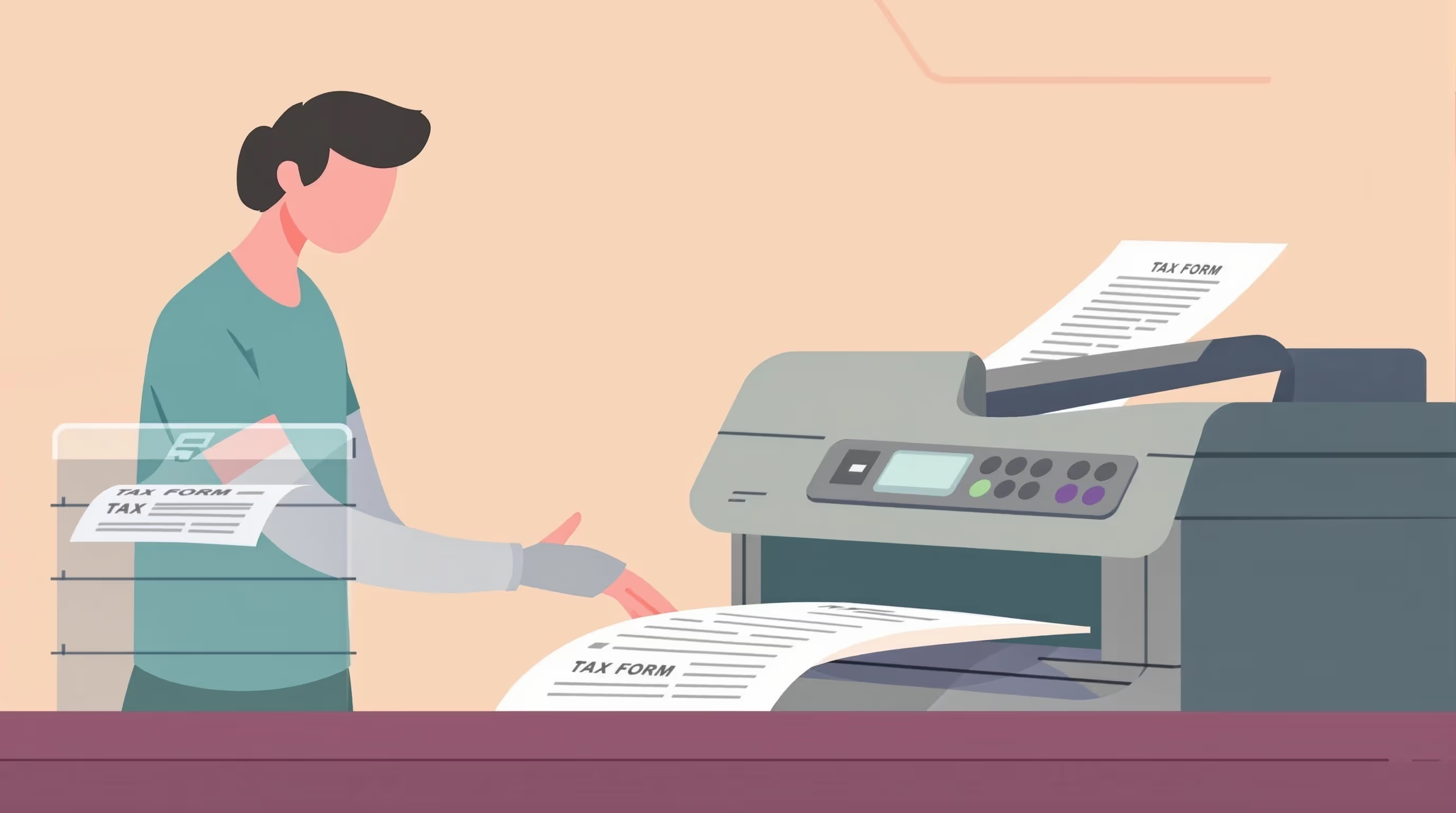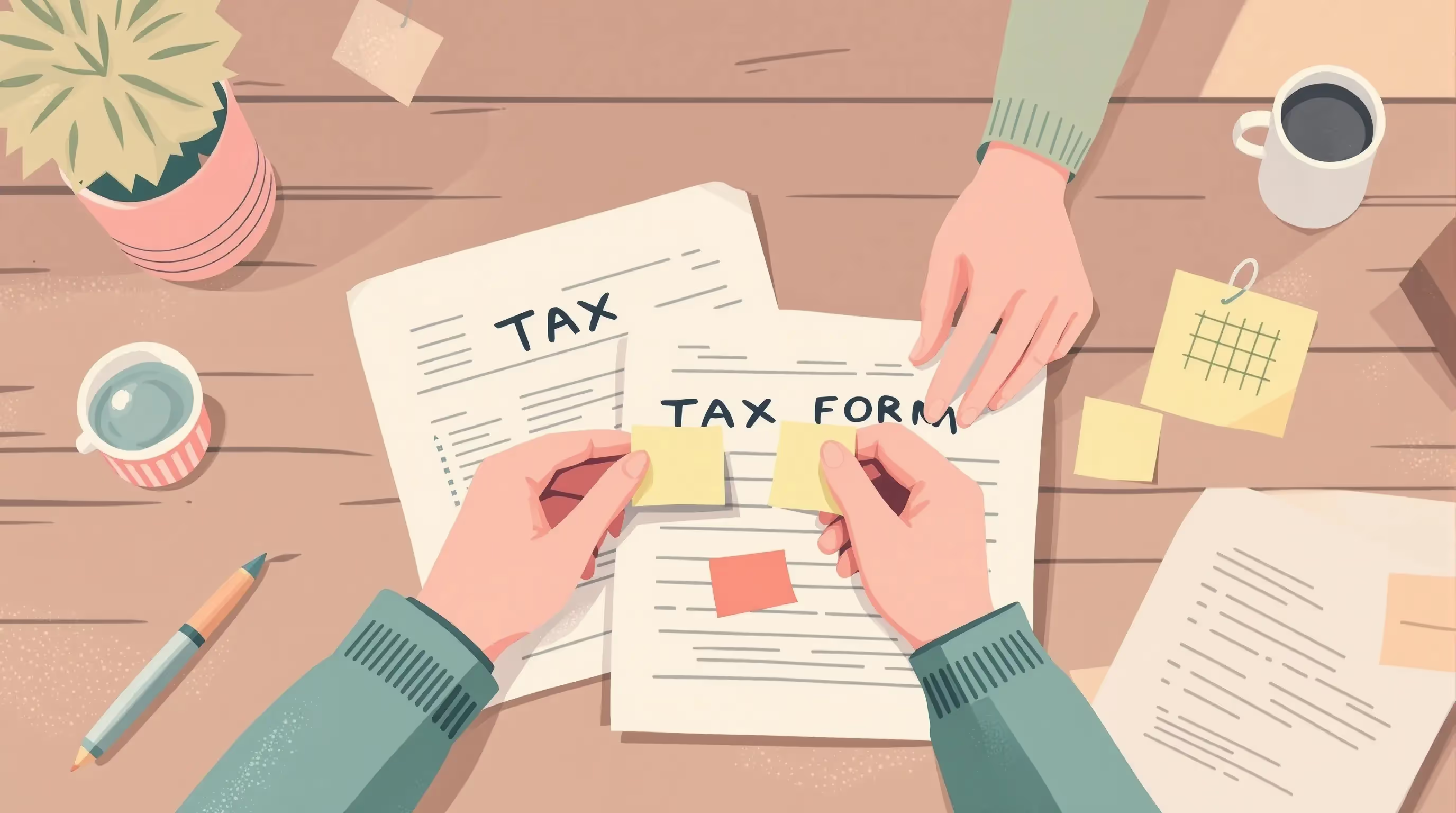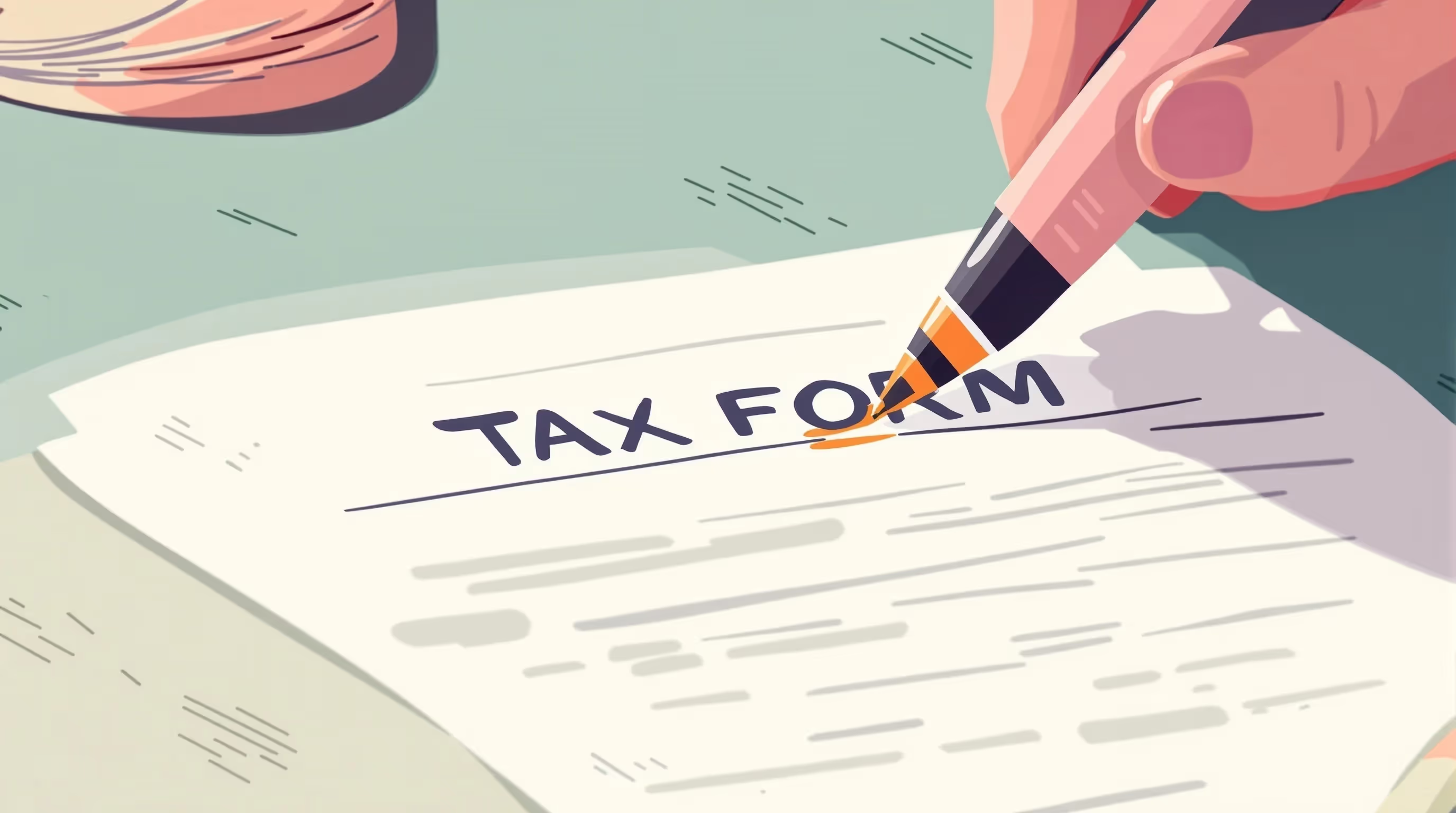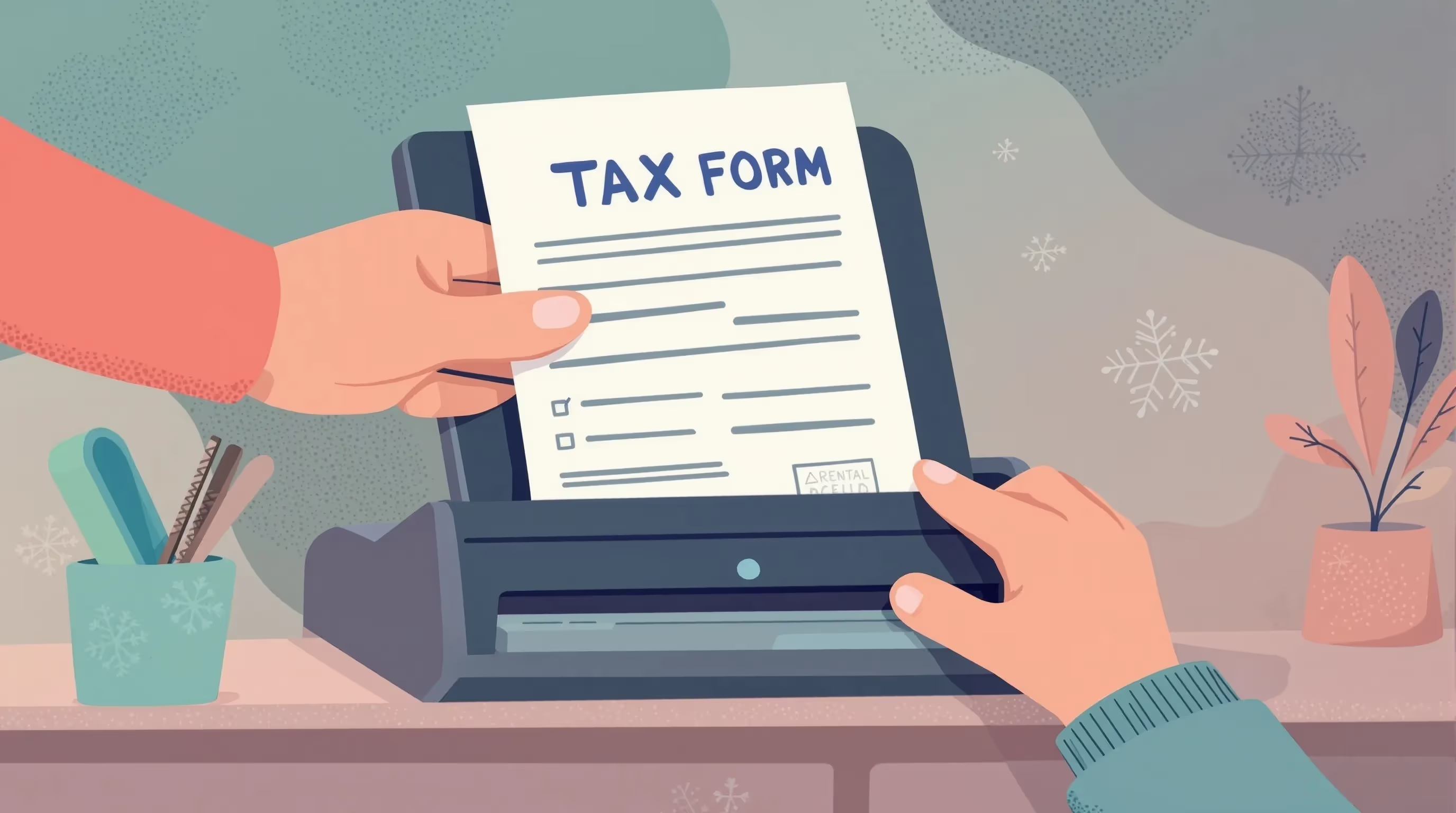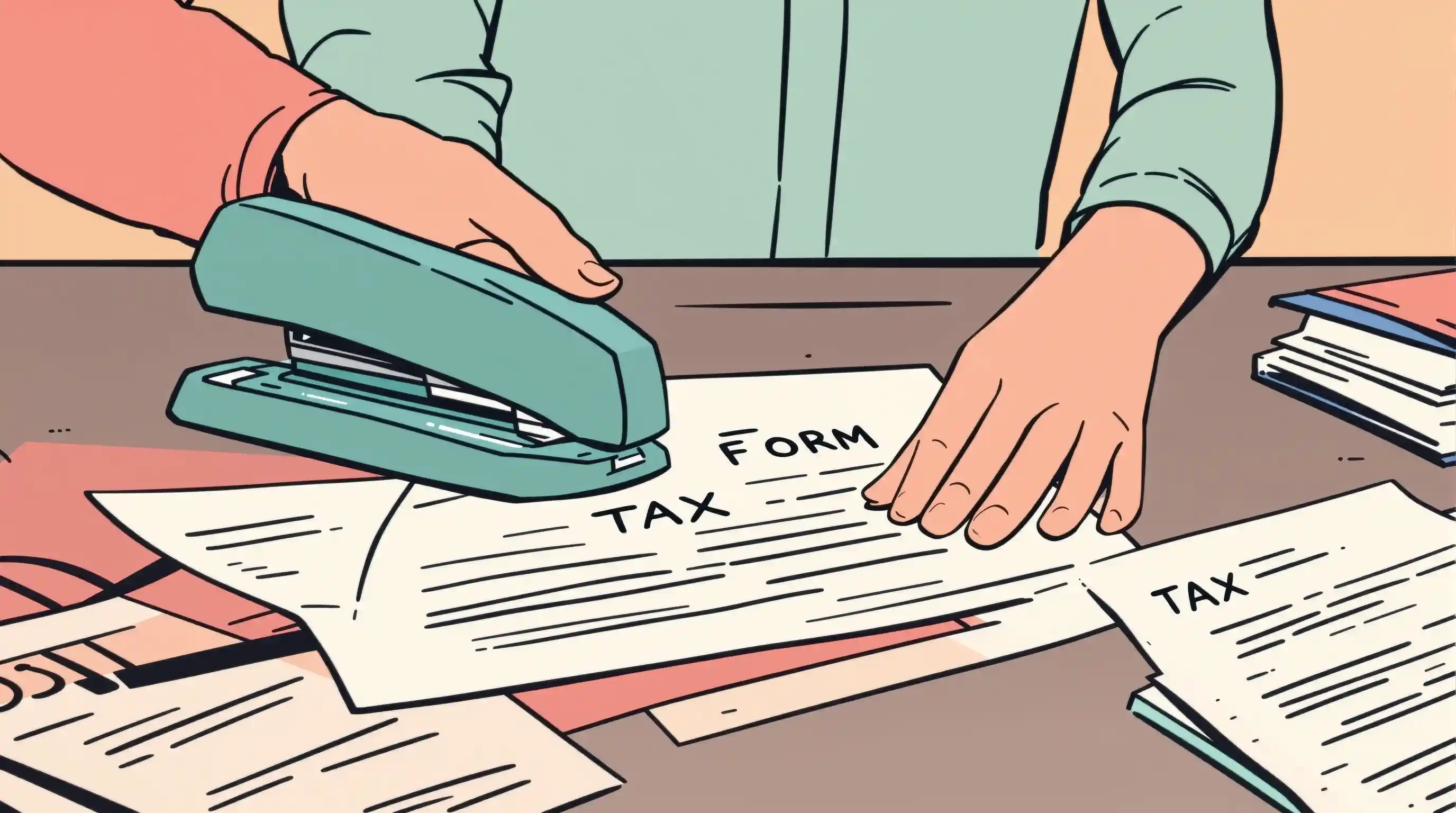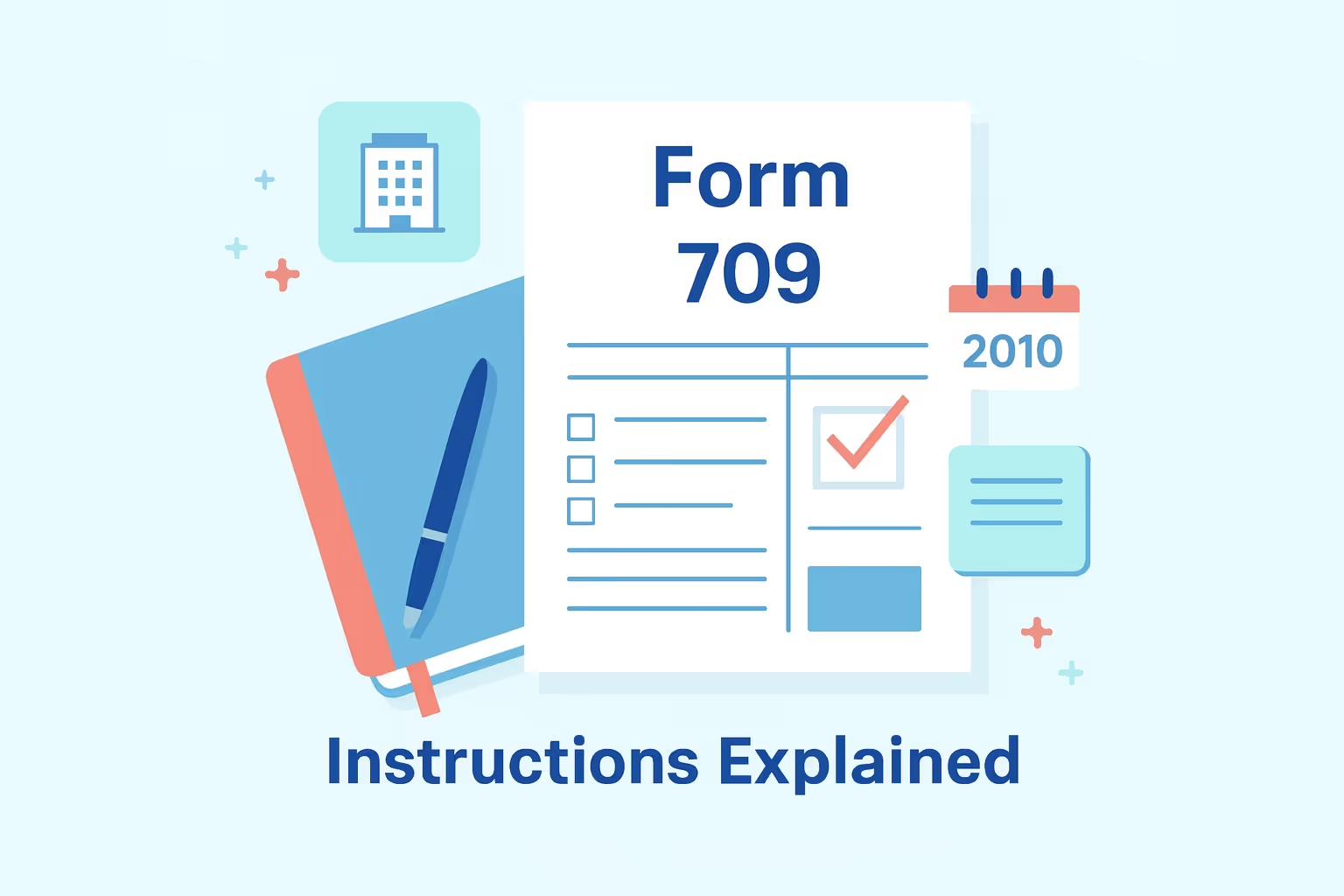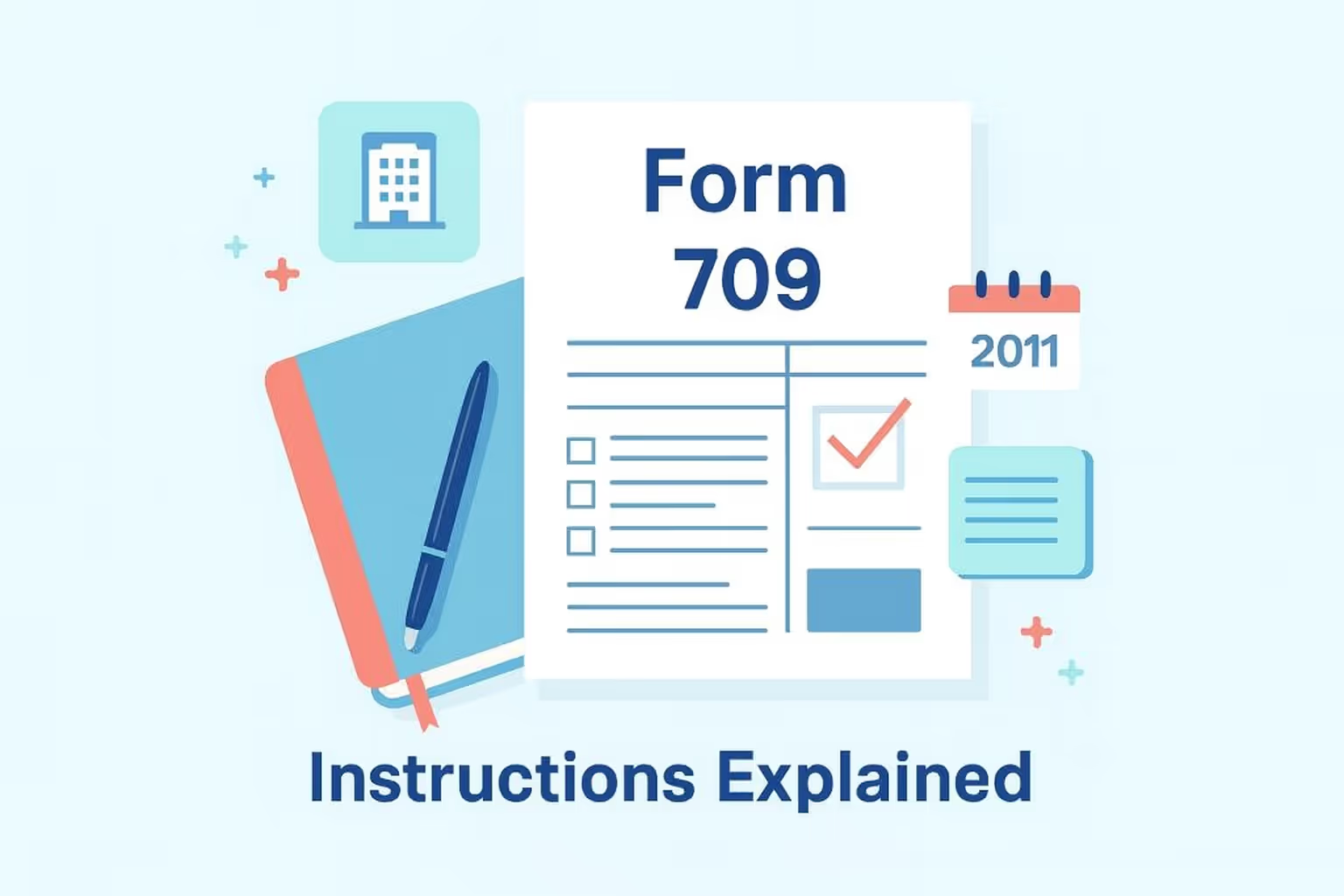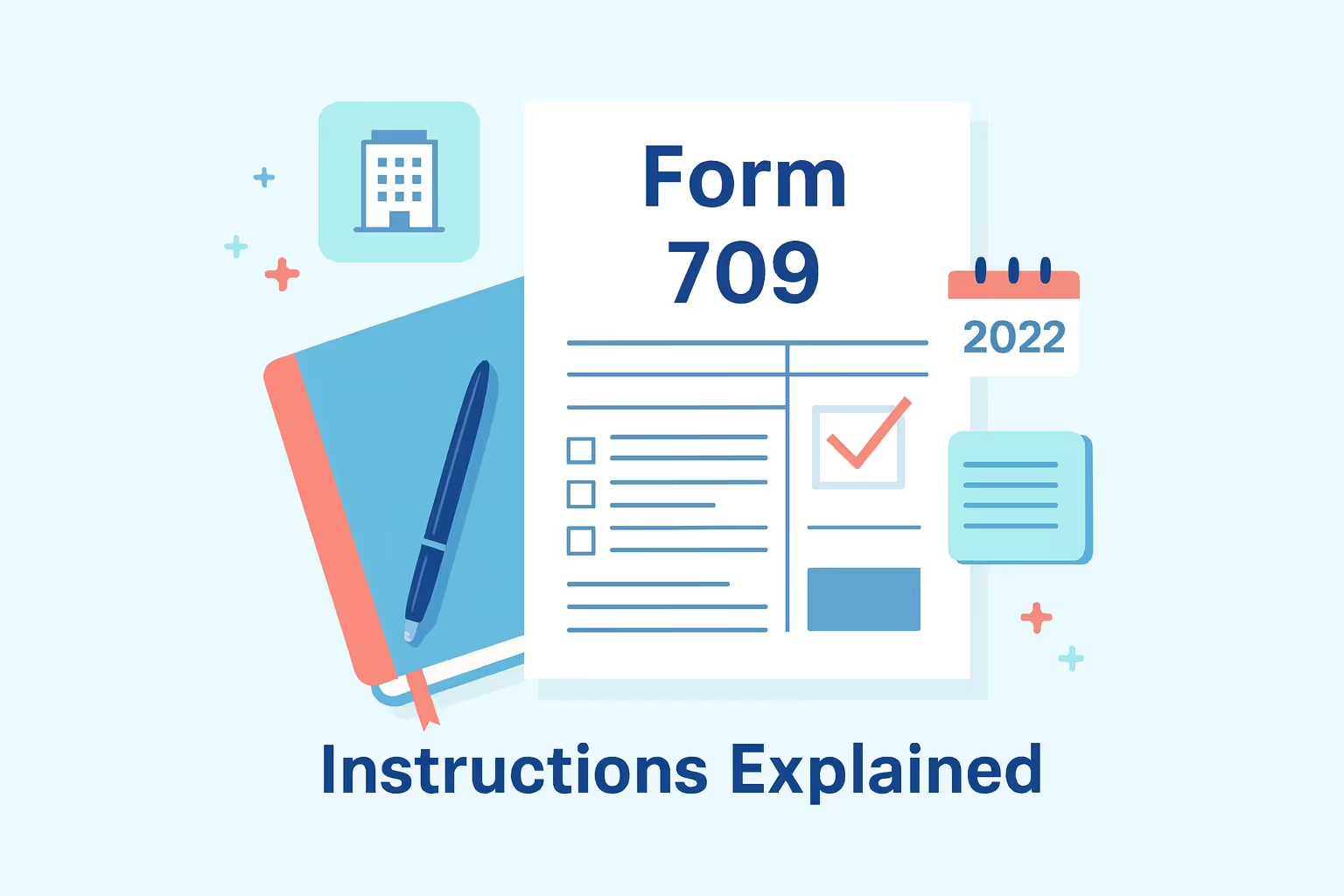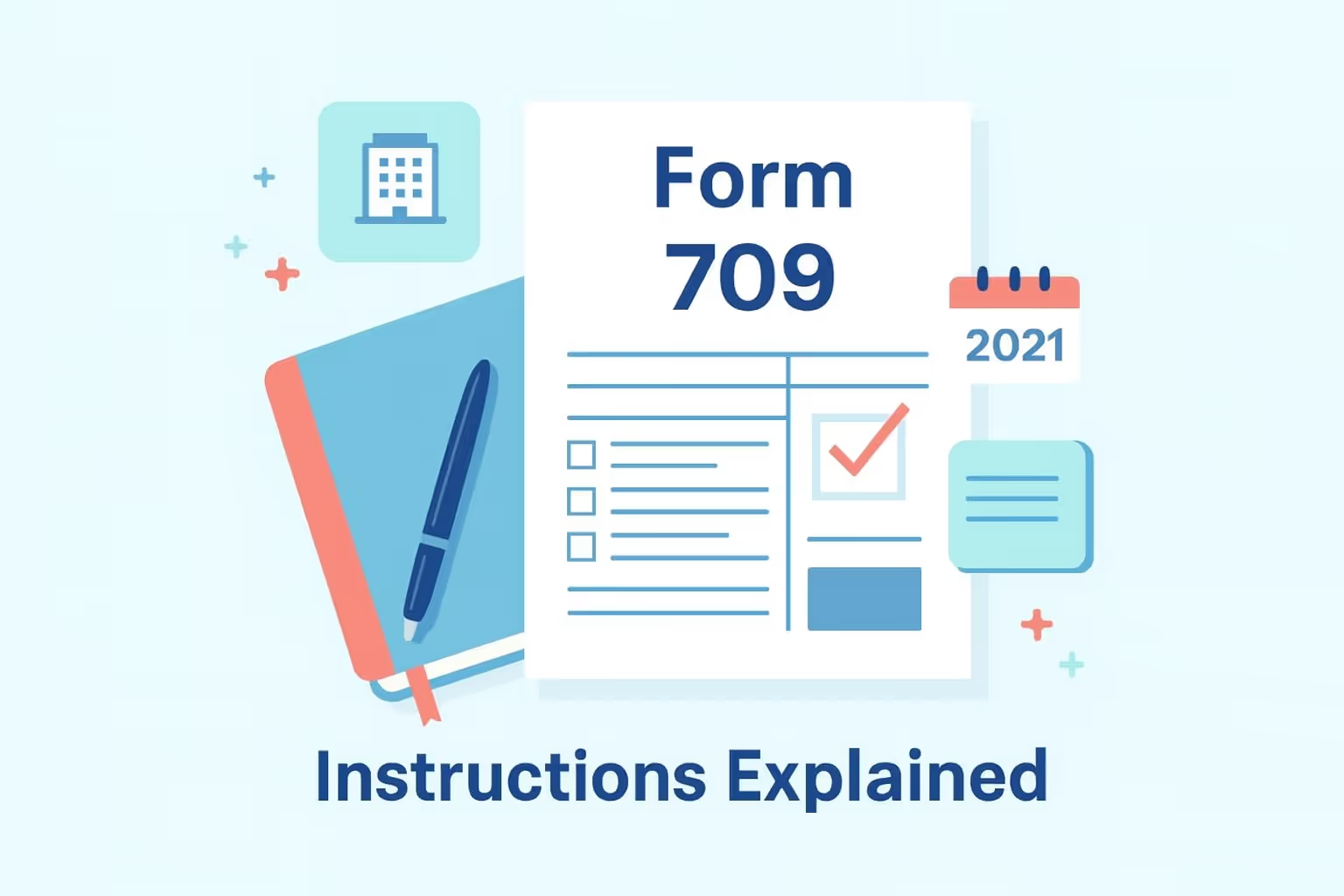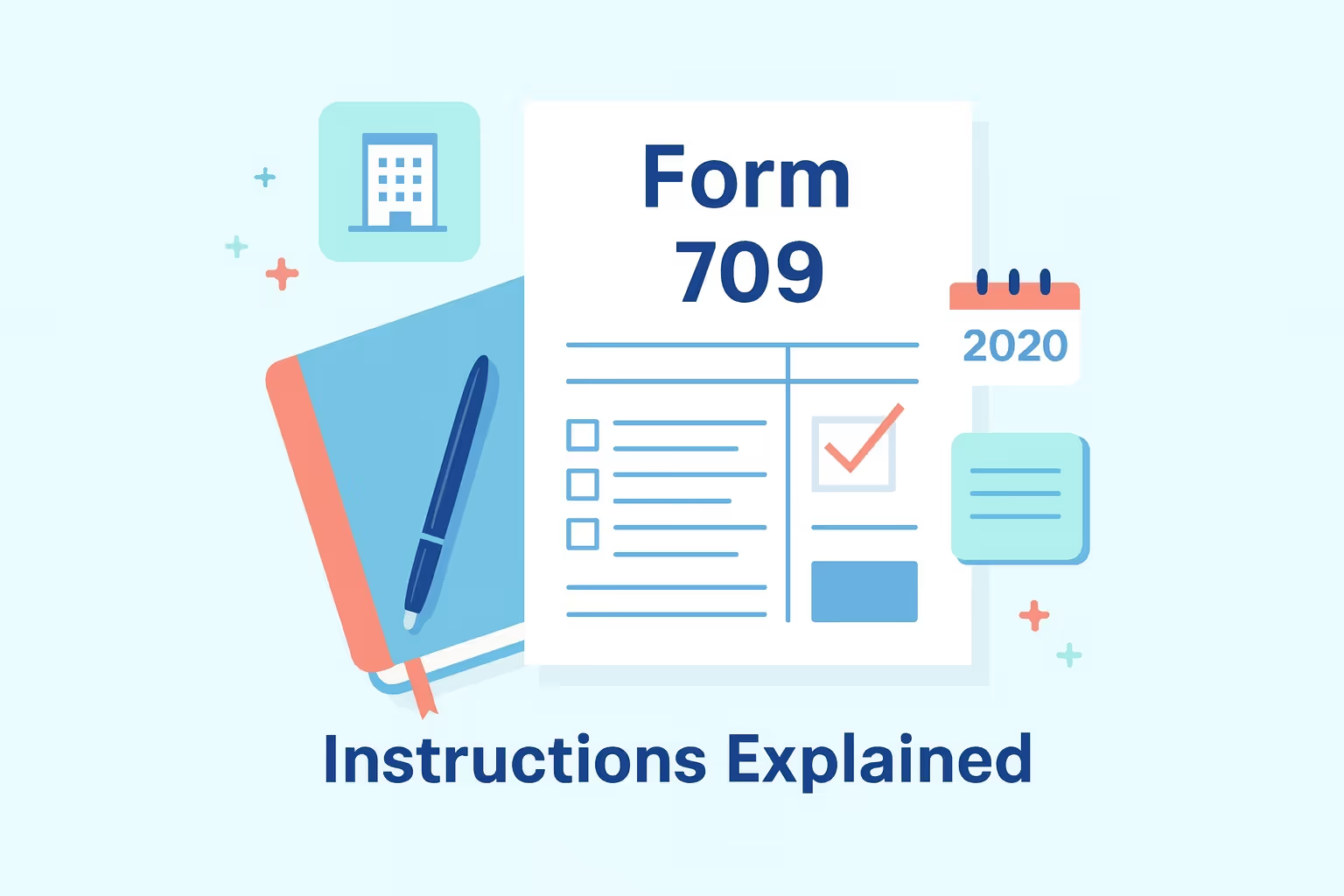
What IRS Form 709 (2020) Is For
IRS Form 709 (2020) is the United States gift and generation-skipping transfer tax return used to report gifts that exceed the annual gift tax exclusion for the 2020 tax year. Individuals must file this form to disclose taxable gifts, apply the lifetime exemption for gift taxes, and report any generation-skipping transfers. When transferring property that is not tax-free, the Internal Revenue Service requires a form for gift tax purposes.
When You’d Use IRS Form 709 (2020)
Taxpayers file Form 709 for gifts that exceed the annual exclusion limit or involve generation-skipping transfer taxes. It is also used when a spouse elects gift splitting, or when a donor applies the deceased spouse's unused exclusion from a prior period. Those who file gift tax returns may amend them if they discover errors or unreported lifetime gifts.
Key Rules or Details for the 2020 Tax Year
- Annual Exclusion Amount: The annual exclusion amount for 2020 was $15,000 per recipient. Gifts below this limit were tax-free and not considered taxable gifts.
- Lifetime Gift Tax Exemption: The lifetime gift tax exemption for 2020 was $11.58 million per taxpayer. This amount also applied to the lifetime GST exemption for generation-skipping transfers.
- Deceased Spousal Unused Exclusion: Taxpayers could apply the deceased spouse’s unused exclusion when computing gift tax and estate tax liability to reduce their total taxable gifts.
- Qualified Tuition and Medical Payments: For gift tax purposes, direct tuition costs paid to a qualified educational organization or medical institution were excluded.
- Foreign Gift Taxes: Foreign gift taxes or property transferred abroad had to be reported when gifts qualified as taxable under federal gift tax rules.
- Qualified Terminable Interest Property: A spouse could make a deductible gift using qualified terminable interest property, reported under the proper federal gift tax return schedule.
- Gift and GST Taxes Combined: Form 709 also reconciles gift and GST taxes. This includes generation-skipping transfer tax computations, taxable gift reconciliation, and tax computation worksheets.
Browse more tax form instructions and filing guides in our Forms Hub.
Step-by-Step (High Level)
Step 1: Collect Documentation
Taxpayers gather records of all property transferred, charitable gifts, and total taxable gifts made during 2020. Supporting schedules should show the fair market value of assets reported.
Step 2: Complete IRS Form 709 (2020)
Taxpayers complete each part, entering donor information, gift values, and deduction details. Each section ensures that taxable gifts, qualified tuition programs, and deductible gifts are reported correctly.
Step 3: Calculate Taxable Gift Amounts
Individuals determine whether the gift qualifies for the annual gift tax exclusion or counts toward the lifetime exemption. The tax computation table helps calculate gift tax liability accurately.
Step 4: Report Generation Skipping Transfers
Filers record generation-skipping transfers on the applicable schedule. They must note any transfer tax amounts or GST taxes paid for both domestic and foreign gifts.
Step 5: File and Retain Copies
After completing the return, taxpayers file gift tax returns with the Internal Revenue Service. Retaining copies of all IRS forms, schedules, and attachments ensures compliance for future tax years.
Learn more about federal tax filing through our IRS Form Help Center.
Common Mistakes and How to Avoid Them
- Filing the Wrong Tax Year Form: Many taxpayers file an incorrect year’s version of Form 709. Always confirm that IRS Form 709 (2020) appears clearly at the top before submission.
- Missing Generation-Skipping Transfer Entries: Some filers forget to complete the generation-skipping transfer sections. Review all generation-skipping transfer taxes to prevent underreporting.
- Omitting Deceased Spousal Unused Exclusion: Forgetting to claim the deceased spouse’s unused exclusion can increase tax liability. Verify the estate tax exemption amounts before finalizing.
- Incorrect Fair Market Value Reports: Listing inaccurate fair market values leads to errors in gift tax calculation. Use reliable valuations and document each property transferred or the entire interest reported.
- Failure to Attach Required Schedules: IRS forms require schedules for split gifts, foreign gift taxes, or joint gift tax return filings. Attach a complete schedule for each transfer subject to tax.
Learn more about how to avoid business tax problems in our guide on How to File and Avoid Penalties.
What Happens After You File
After filing, the Internal Revenue Service reviews the federal gift tax return and related schedules for accuracy. Payment must accompany the return if the tax computation results in a balance due. Refunds or credits apply when overpayments occur. The IRS may issue correspondence regarding incomplete information or foreign address errors, so taxpayers should monitor their mail for official updates.
FAQs
What is the annual gift tax exclusion for IRS Form 709 (2020)?
The annual gift tax exclusion for 2020 was $15,000 per recipient. Gifts under this limit were excluded from taxable gifts for gift tax purposes.
How does generation-skipping transfer apply on IRS Form 709 (2020)?
Generation-skipping transfer rules apply when assets, such as gifts to grandchildren, skip a generation. These transfers are subject to the generation-skipping transfer tax unless exemptions apply.
How are gift and generation-skipping (GST) taxes reported on Form 709?
Gift and GST taxes are reported on the same federal gift tax return. Filers use the designated sections to reconcile total taxable gifts and compute generation-skipping transfer taxes.
How is the gift tax calculated for the 2020 tax year?
Computing gift tax requires totaling all taxable gifts, applying any allowable deductions, and referencing the 2020 IRS tax computation table to accurately determine total gift tax liability.
How do foreign gift taxes affect the IRS Form 709 (2020) filing?
Foreign gift taxes apply when property is transferred involving a foreign educational organization or individual. People who file taxes must report these gifts and include any financial interest disclosures that go along with them.
How is fair market value determined for gifts reported on Form 709?
Fair market value is the price a willing buyer would pay a willing seller. For tax computation accuracy, each asset’s valuation must reflect its market value on the date of transfer.
How does the transfer tax relate to estate tax and gift tax purposes?
The transfer tax covers lifetime gifts and transfers at death. The estate tax and the gift tax apply under unified credit rules managed by the Internal Revenue Service.







